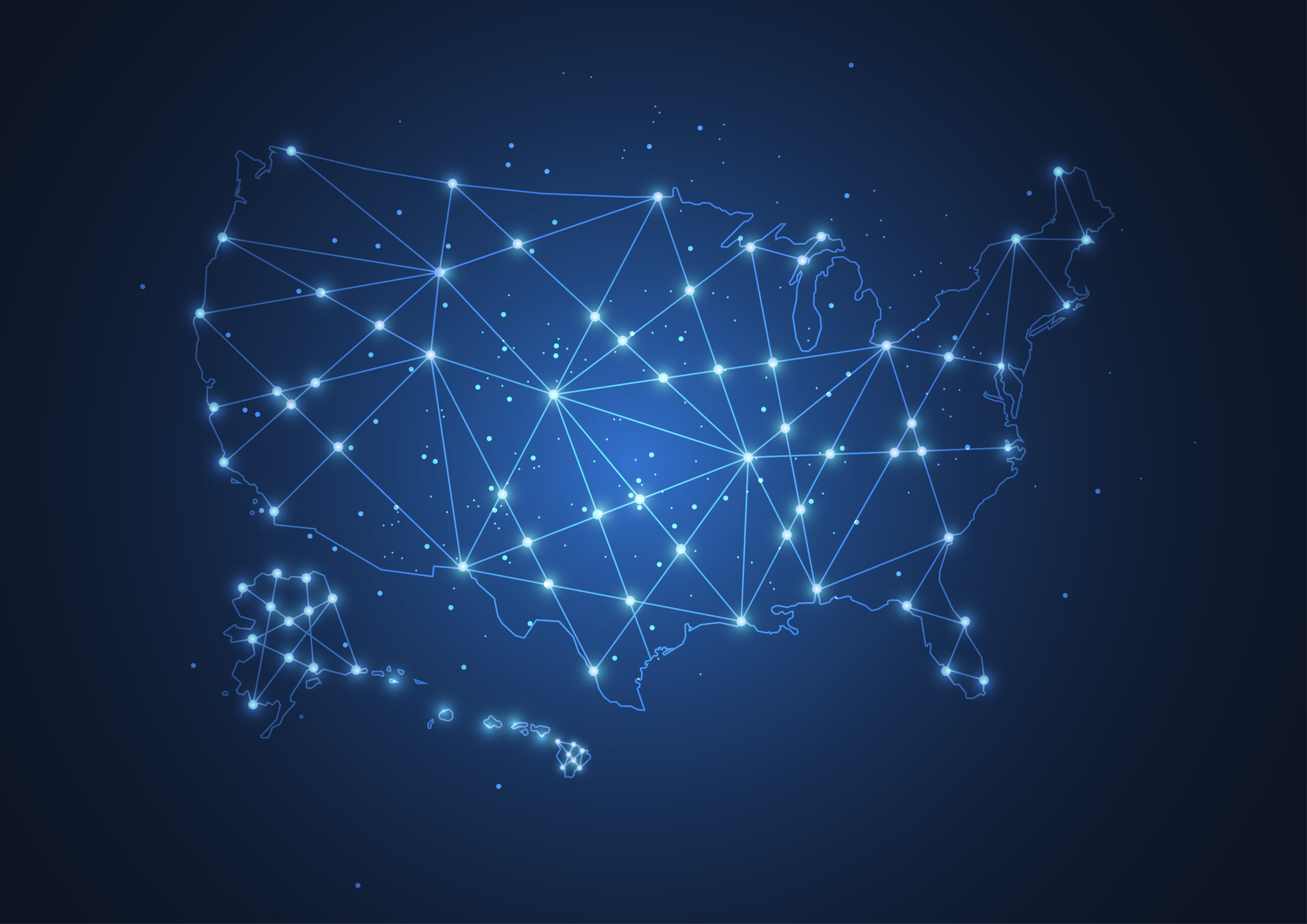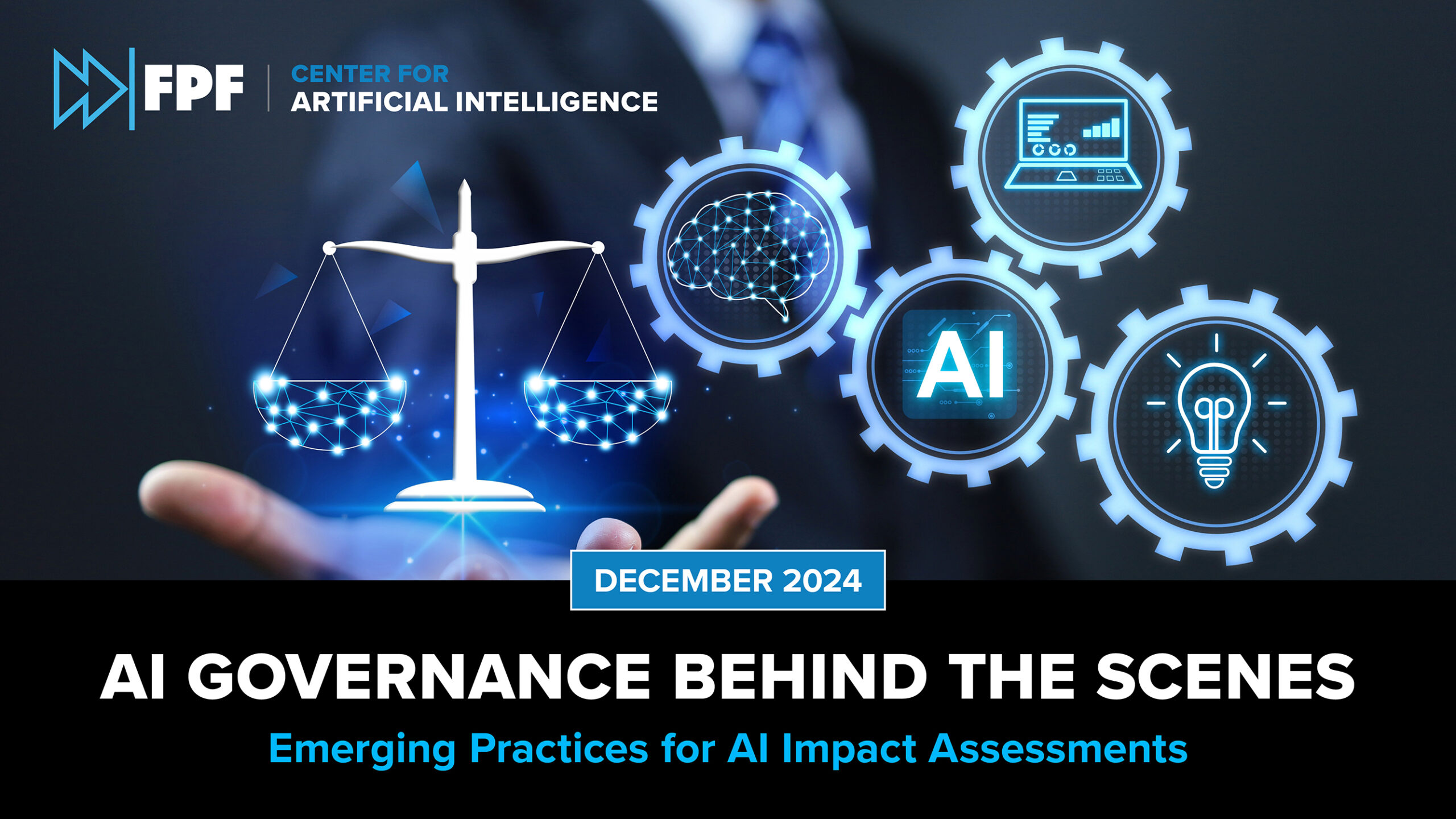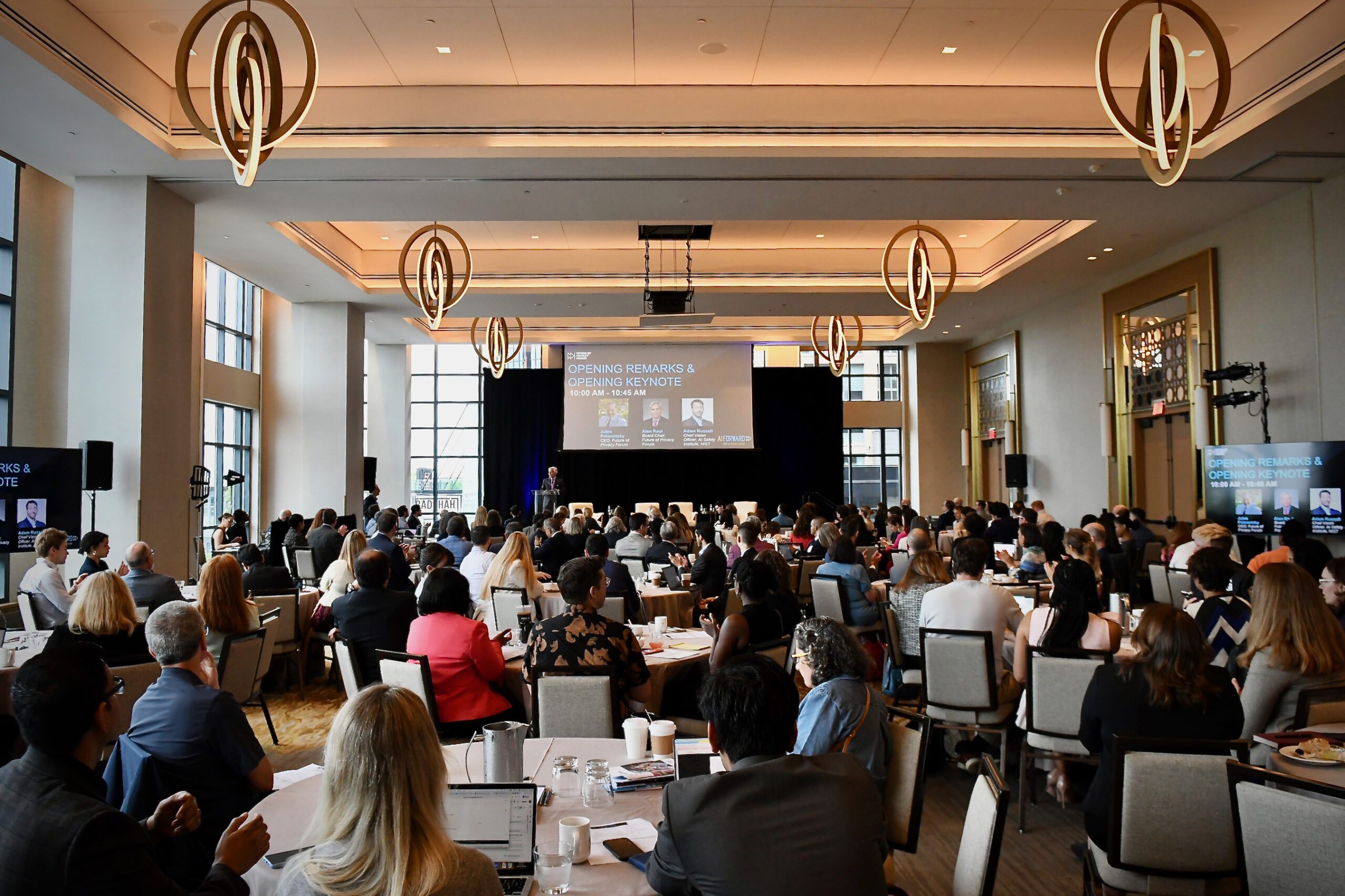
OAIC’s Dual AI Guidelines Set New Standards for Privacy Protection in Australia
On 21 October 2024, the Office of the Australian Privacy Commissioner (OAIC) released two sets of guidelines (collectively, “Guidelines”), one for developing and training generative AI systems and the other one for deploying commercially available “AI products”. This marks a shift in OAIC’s regulatory approach from enforcement-focused oversight to proactive guidance. The Guidelines establish rigorous […]

Five Big Questions (and Zero Predictions) for the U.S. State Privacy Landscape in 2025
In the enduring absence of a comprehensive national framework governing the collection, use, and transfer of personal data, state-level activity on privacy legislation has been on a consistent upward trend since the enactment of the California Consumer Privacy Act in 2018. With all 50 U.S. states scheduled to be in session in 2025, stakeholders are […]

Future of Privacy Forum Publishes Report Exploring Organizations’ Emerging Practices and Challenges Assessing AI Risks
As AI models and systems become more widespread and powerful, FPF’s report finds many organizations are taking a four-step approach to managing potential risks With growing focus from policymakers and regulators on the impact of artificial intelligence (AI) systems, and as organizations strive to responsibly use AI systems, organizations are increasingly embracing AI impact assessments […]

Technologist Roundtable: Key Issues in AI and Data Protection Post-Event Summary and Takeaways
Co-Authored with Marlene Smith, Research Assistant for AI On November 27, 2024, the Future of Privacy Forum (FPF) hosted a Technologist Roundtable with the goal of convening an open dialogue on complex technical questions that impact law and policy, and assisting global data protection and privacy policymakers in understanding the relevant technical basics of large […]

FPF’s 2nd Annual Privacy Executives Summit
The 2nd Annual FPF Privacy Executives Summit is a private event taking place in Berkeley, California on September 10-12, 2025 at the Claremont Resort & Club. For those traveling, the Claremont Resort & Club is a 24-minute drive from Oakland International Airport and 45-minutes from San Francisco International Airport. Building on the success of last […]

DC Privacy Forum 2025: Governance for Digital Leadership and Innovation
Please join the Future of Privacy Forum for the second annual DC Privacy Forum: Governance for Digital Leadership and Innovation on Wednesday, June 11, 2025, from 9:00am – 5:00pm ET at the InterContinental Hotel—The Wharf in Washington, D.C. This event will be held live, in person-only. Stay tuned for more details, including the complete agenda and attendee information! The DC Privacy Forum: Governance for Digital […]

16th Annual Advisory Board Meeting 2025
Welcome! This page is your primary source for all 16th Annual Advisory Board Meeting details and resources. Save the date and stay tuned for more information. Planning to attend the Annual Advisory Board Meeting in 2025? Join us for the return of The DC Privacy Forum 2025: Governance for Digital Leadership and Innovation, kicking off […]

The African Union’s Continental AI Strategy: Data Protection and Governance Laws Set to Play a Key Role in AI Regulation
By Chuma Akana, Former FPF Global Privacy Summer Fellow and Mercy King’ori, FPF Policy Analyst, Global Privacy The African Union (AU) Executive Council, composed of representatives of the 55 African Member States, approved the highly anticipated AU AI Continental Strategy (the Strategy) in July 2024. The adoption of the Strategy follows a period of stakeholder […]

U.S. Legislative Trends in AI-Generated Content: 2024 and Beyond
Standing in front of the U.S. flag and dressed as Uncle Sam, Taylor Swift proudly proclaims that you should vote for Joe Biden for President. She then wants you to vote for Donald Trump in a nearly identical image circulated by former President Trump himself. Both the images, and the purported sentiments, are fabricated, the […]

Processing of Personal Data for AI Training in Brazil: Takeaways from ANPD’s Preliminary Decisions in the Meta Case
Data Protection Authorities (DPAs) across the globe are currently wrestling with fundamental questions raised by the emergence of generative AI and its compatibility with data protection laws. A key issue is under which legal basis companies might be able to process personal data for training AI models. Another one is how the rights of individuals […]
